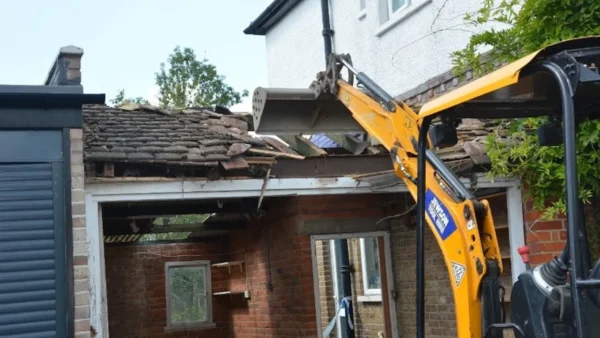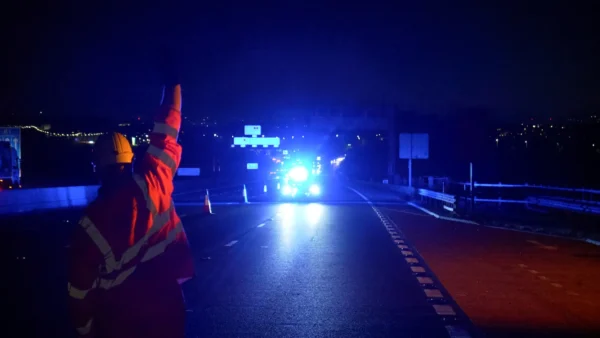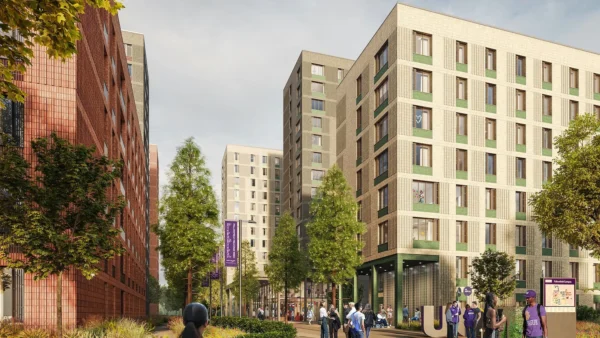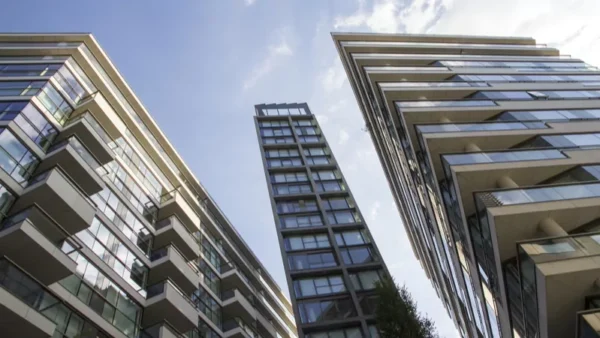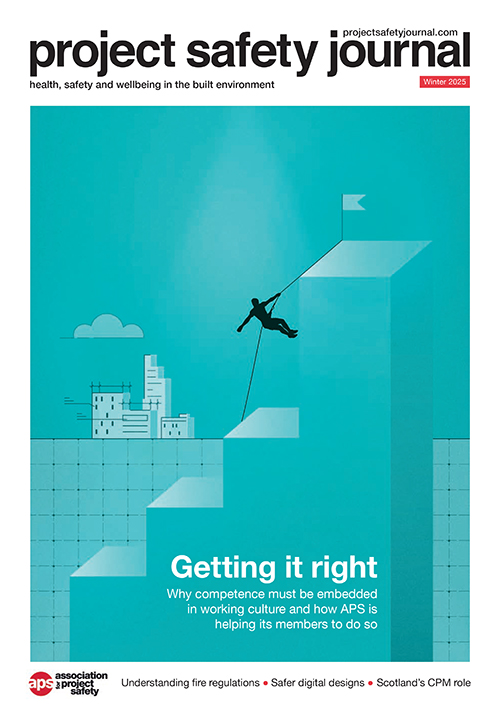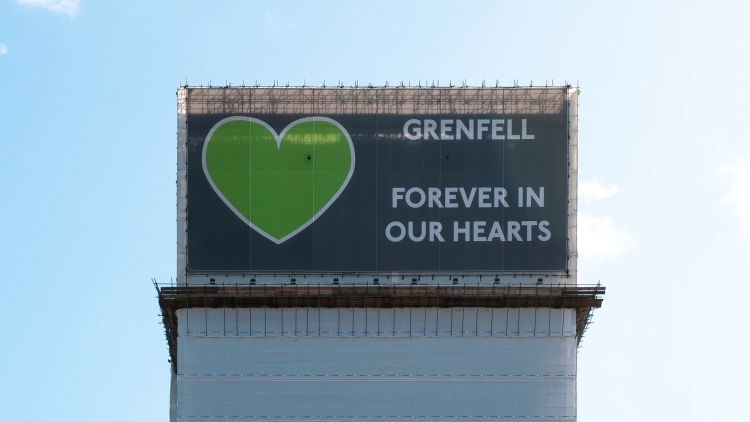
The government had a ‘false understanding’ that the fire safety regime was working as it should in advance of the 2017 Grenfell Tower disaster.
That’s according to a lawyer representing the Department of Levelling Up, Housing and Communities (DLUHC) at the Grenfell Tower Inquiry.
Giving his closing statement at Module 6 of the Grenfell Tower Inquiry, Jason Beer QC said: “While the department would not accept that the delays to the publication of the seven workstreams was due to it being ‘enslaved to the deregulatory agenda, despite safety warnings’, as has been suggested by others, the delays, I would suggest, are primarily demonstrative of an underappreciation of the risks by the department in not updating Approved Document B sooner, based upon a false understanding that the system was generally operating as it should be.”
He added: “But the department would accept that deregulation played a part in underpinning a culture in the department where officials felt unable properly to escalate warnings when they were raised or to progress work in response to recommendations and, in particular, those made by the coroner following the Lakanal House fire.”
The 2009 Lakanal House fire killed six people. But the Inquiry heard from former secretary of state for communities and local government, Lord Pickles, that the subsequent review of ADB “wasn’t immediately urgent”.
The review was delayed and only delivered in 2016/17.
Refurbishment professionals ‘not applying their minds’
Beer also argued that in respect of the Building Regulations themselves, changes to requirement B4 (governing external fire spread) did not absolve refurbishment professionals of responsibility.
Beer said: “In respect of the Building Regulations themselves, while there was a period in which functional requirement B4 was arguably stronger, at least semantically, because the word ‘adequately’ was omitted, I would note the conclusion respectfully that the Inquiry drew in its Phase 1 report, namely: ‘Although in another context there might be room for argument about the precise scope of the word ‘adequately’, it inevitably contemplates that the exterior must resist the spread of fire to some significant degree appropriate to the height, use and position of the building’.”
He continued: “A competent professional would or should have understood that function requirement B4 inevitably contemplated that the exterior wall of a high-rise building must resist the spread of fire to some significant degree.
“The department would suggest that it is plain that the professionals engaged in the refurbishment of Grenfell Tower, and those professionals engaged in the construction and refurbishment of other high-rise residential blocks in the country, cannot claim to have seriously turned their minds to the question of compliance with functional requirement B4 in any meaningful way.
“The preponderance of high-rise buildings clad with ACM PE panels and combustible insulation demonstrates that the local authority building control and approved inspectors were not applying their minds, or not competently applying their minds, to the basic functional requirement.”
Module 6, which examined the regulatory regime prior to the Grenfell fire, has now concluded. Module seven will hear from more expert witnesses.
The post Grenfell: Government had ‘false understanding’ that fire safety regime was working appeared first on Construction Management.






